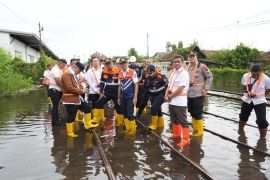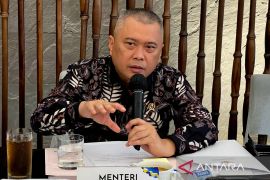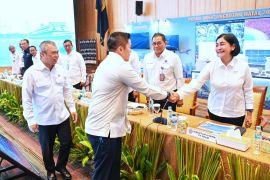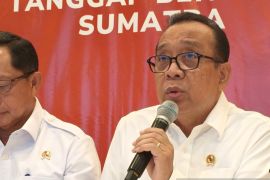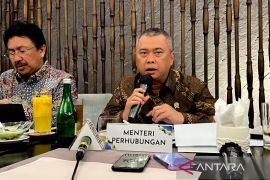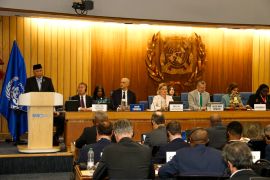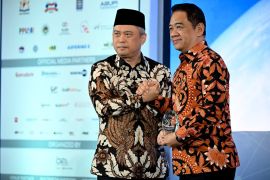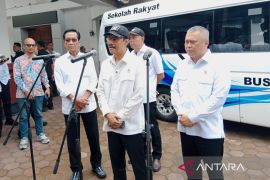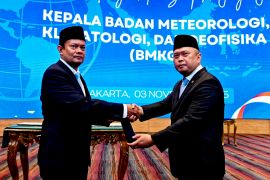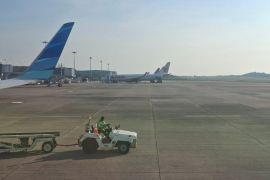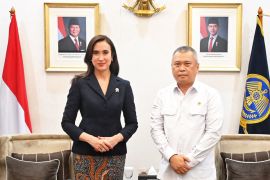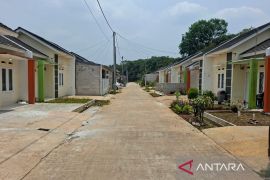At the forum, held as part of the Bali International Airshow 2024, he affirmed that the government has made several efforts to achieve this goal.
However, he noted that shifting to SAF is not considered easy—not only from a technical perspective but also from the viewpoints of funding and marketing.
Therefore, the government is pursuing economies of scale so that, in the future, Indonesia can access materials to blend with aviation fuel and become a producer.
"We will carry it out in stages starting from 2027, and we will finalize everything next year because, in addition to needing the technology, we must make the best financial decisions," Sumadi said.
At the forum, Indonesia expressed its commitment to developing SAF, increasing financial access, and strengthening partnerships to promote SAF and advance the green revolution in the aviation sector.
Indonesia's commitment aligns with the agenda of the International Civil Aviation Organization (ICAO), which highlights the important role of SAF and low-carbon aviation fuels in reducing CO2 emissions.
Sumadi expressed hope that the forum would stimulate dialogue and inspire advancements in the future of integrated airspaces, as well as the production and financing of SAF, to create a greener and more sustainable aviation sector.
Related news: Indonesian govt targets Rp12 trillion profit from SAF sales, exports
Related news: RI has potential for producing aviation fuel from used cooking waste
Translator: Ni Putu, Raka Adji
Editor: Anton Santoso
Copyright © ANTARA 2024

